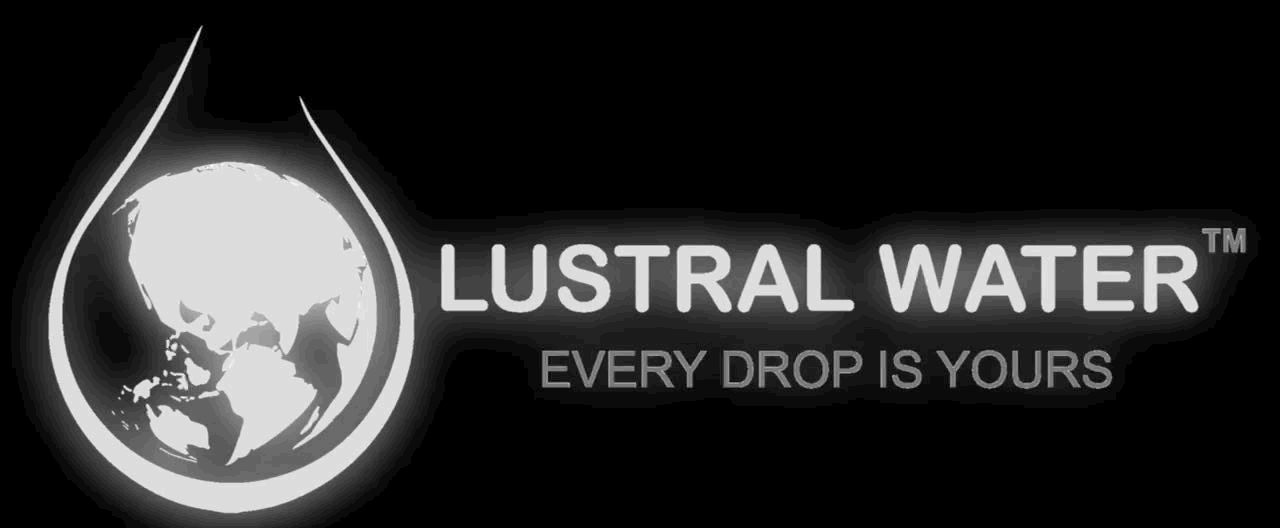Water is so basic that we never stop to think of it as one of the most essential elements for a balanced lifestyle. It is so crucial that a dip in hydration levels below normal can trigger headaches and in extremities impact our bodily functions. But how much water does your body actually need, and why does hydration matter so much? Let’s understand in detail.
How Much Water is in the Human Body?
Think bones are the solid foundation of your body? Sure, but it's water that’s quietly doing the heavy lifting—regulating temperature, transporting nutrients, cushioning joints, and keeping your cells alive.
So, how much water is in the human body?
On average, about 60% of your total weight is water. But this number varies depending on your age, gender, and body composition:
-
Athletes and fitter individuals usually have more lean muscle mass, which holds a higher percentage of water (around 75% in muscle tissue).
-
Fatty tissue stores less water—roughly 10%—which means individuals with higher fat percentages generally have lower overall water content.
-
Infants and children start out with the highest levels, often around 75%.
-
Older adults can dip below 50%, making them more vulnerable to dehydration.
Hydration isn’t just about quenching your thirst—it’s about maintaining every function your body depends on. Without enough water, digestion slows, your energy drops, your focus wavers, and even your skin health takes a hit.
The Role of Water in the Human Body
Hydration & Circulation: Water is a major component of blood plasma, enabling efficient transport of oxygen, nutrients, and hormones. It also aids in flushing out toxins via the kidneys and liver.
Digestive Function: From saliva production to breaking down nutrients and moving waste through the intestines, water is integral to smooth digestion.
Temperature Regulation: Through sweating and respiration, water helps maintain a stable internal temperature, especially during physical exertion or hot weather.
Cellular Function: Every cell relies on water to carry out enzymatic reactions, energy production (ATP synthesis), and nutrient exchange.
Neurological Support: Brain tissue is around 75% water. Even mild dehydration can impact cognitive performance, mood, and concentration.
Joint & Tissue Health: Synovial fluid (which lubricates joints) and cerebrospinal fluid (which cushions the brain and spine) both depend on adequate hydration.
Blood Pressure & Heart Function: Dehydration can lower blood volume, making the heart work harder to circulate blood, potentially leading to fatigue or dizziness.
Homeostasis & Electrolyte Balance: Water works in tandem with electrolytes like sodium and potassium to regulate nerve signals and muscle contractions.

How Much Water is in the Human Body Based on Age and Gender?
Water doesn’t make up a fixed amount in every person. In fact, your age and gender directly influence your body’s water composition:
-
Men vs. Women:
On average, adult males have about 60–65% water, while adult females have around 50–55%. The reason? Muscle holds more water than fat, and men typically have higher lean muscle mass. -
Infants and Children:
At birth, babies are made up of nearly 75–78% water. As they grow, this percentage gradually drops—still, children retain a higher water ratio than adults, making them more sensitive to dehydration. -
Aging & Water Loss:
As we age, water content in the body drops—older adults may fall to around 45–50%. This decline is due to both loss of muscle mass and a reduced thirst sensation, which makes seniors more prone to dehydration-related issues like fatigue, confusion, or even falls.
Factors That Affect the Amount of Water in the Human Body
While age and gender play a role in determining your body’s water content, they're not the only influencers. Your daily habits, physical makeup, and even your environment actively shape how much water your body holds and how efficiently it uses it.
Muscle vs. Fat Ratio
Muscle tissue holds more water than fat tissue. That means individuals with higher muscle mass typically have a higher percentage of water in their bodies compared to those with a higher fat percentage.
Diet and Nutrient Intake
A high-sodium diet encourages water retention, making you feel bloated and sluggish. On the other hand, eating foods rich in potassium and magnesium helps your body flush excess fluids and maintain a healthy fluid balance.
Hydration Habits
Your hydration routine matters. Not drinking enough water can cause your body to hold on to fluids, disrupting normal functions. But overhydration—especially without electrolytes—can dilute essential minerals in your body, leading to imbalances.
Medical Conditions and Medications
Conditions like heart disease, diabetes, and kidney disorders directly impact how your body regulates water. Certain medications, such as steroids or diuretics, may either increase fluid retention or lead to dehydration, depending on their action.
Environmental and Lifestyle Factors
Hot weather, intense exercise, altitude, and even chronic stress can alter your hydration status. For example, physical exertion increases water loss through sweat, while stress hormones can cause the body to retain fluid.
Hydration and Its Impact on Health
When you feel thirsty, your body is already playing catch-up. Hydration isn’t just about sipping water—it’s about sustaining every critical process in your body. From keeping your brain sharp to making sure your kidneys don’t work overtime, water is the silent force behind your daily energy and focus.
What Happens When You Don’t Hydrate Enough?
Even mild dehydration can lead to symptoms like fatigue, headaches, poor concentration, and slower digestion. Over time, it can strain your kidneys and affect your heart and circulation.
Can You Drink Too Much Water?
Yes. Overhydration dilutes electrolytes in your blood, especially sodium, which can lead to symptoms like nausea, confusion, and even water intoxication in rare cases.
How to Stay Properly Hydrated
You’ve probably heard “drink 8 glasses of water a day”—but hydration isn’t just about hitting a number. It’s about tuning into your body’s unique needs and routines.
Daily Hydration Needs
-
Sedentary lifestyle in moderate climate? 2-3 liters might be enough.
-
High-intensity workouts or humid environments? You’ll need more.
-
High-sodium meals, caffeine, and alcohol can increase your hydration needs, too.
Easy Ways to Stay on Track
-
Set hourly water reminders on your phone or smartwatch.
-
Pair drinking water with daily cues (like before meals or after brushing teeth).
-
Keep a water bottle within arm’s reach, always.
Tracking isn’t obsessive, it’s smart. Especially if you’re prone to forgetting until that late-afternoon headache hits.
Water quietly powers all of our bodily functions, with every part of our body from brain to bones needing it to function smoothly. This goes to show how vital it is to know how much of our body is made of water. This information can empower us in making an informed decision and help in building a hydration routine and hitting those goals for an overall healthy lifestyle.





